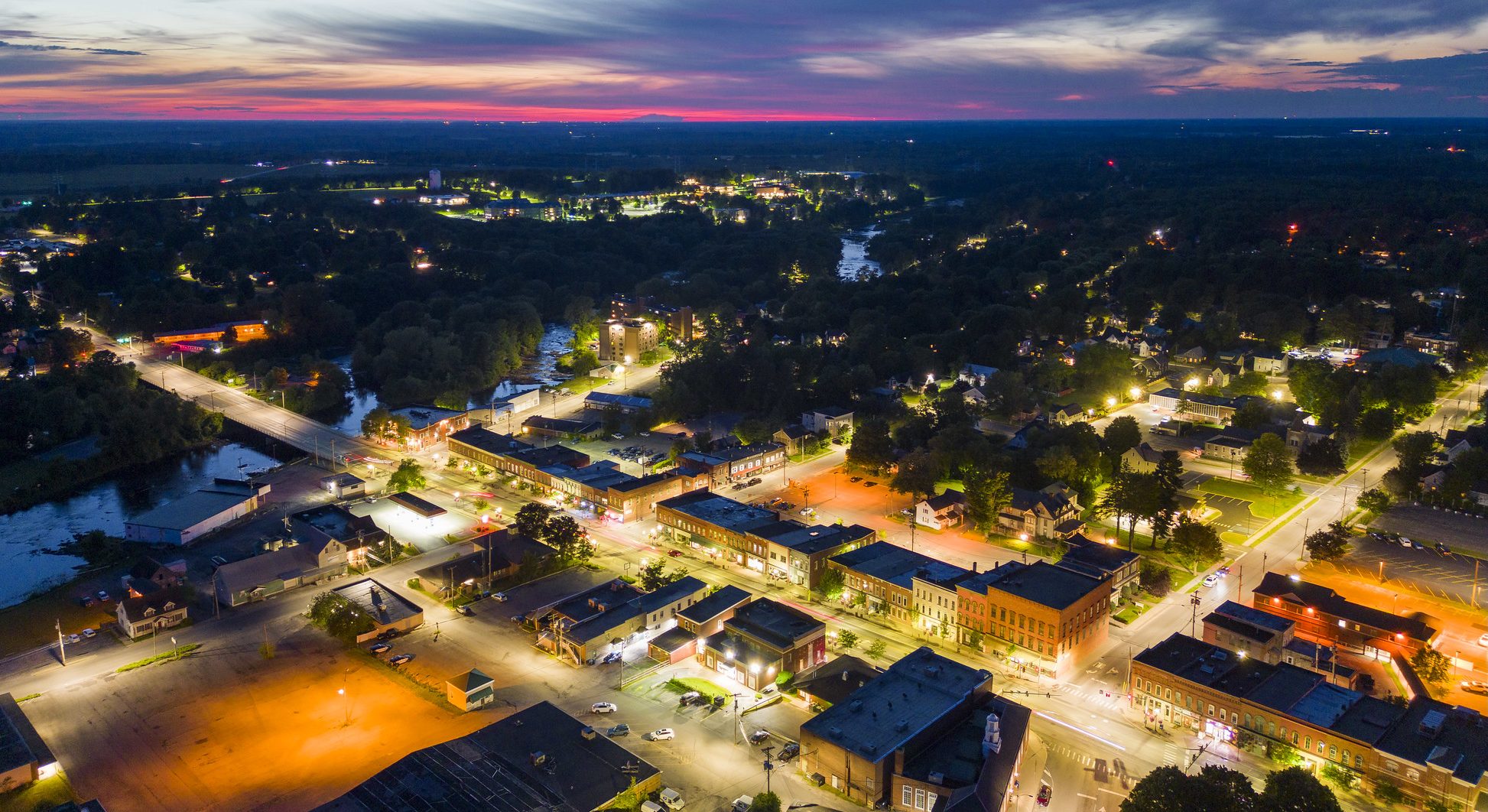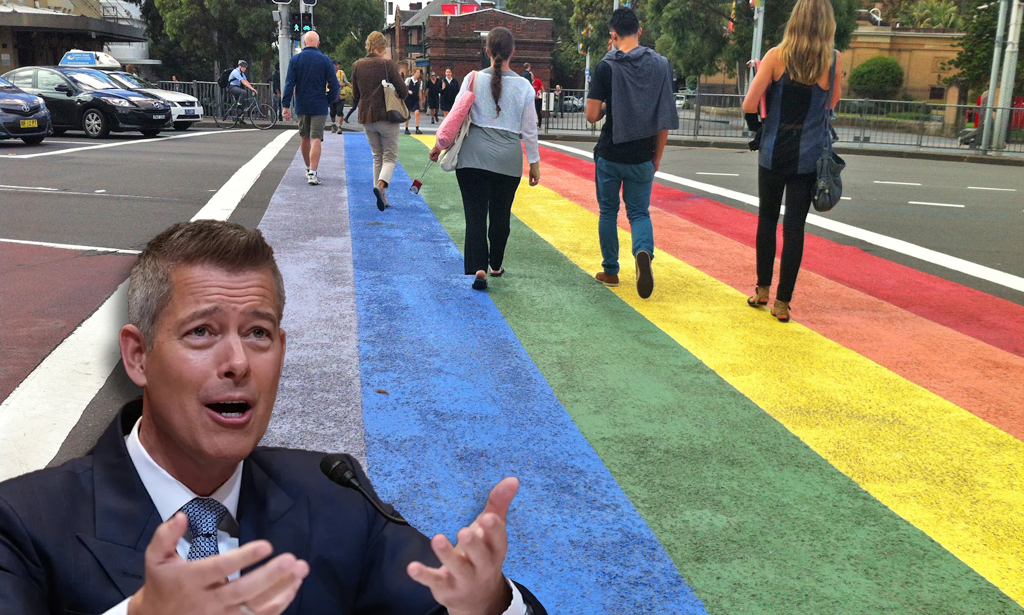 Photo by Russ Morris via Flickr.
Photo by Russ Morris via Flickr.Today on the Streetsblog Network, people are questioning the status quo. Sustainable Savannah writes that the faltering economy provides yet another good argument -- along with slowing traffic and making streets safer -- for converting one-way streets to two-way.
Elsewhere around the country, talk continues to be about stimulus spending on transportation. And it's not happy talk. Christof Spieler at the Citizens' Transportation Coalition in Houston, TX, laments the lack of vision in the stimulus proposals coming out of his state and others:
Picking up a list of already designed projects also perpetuates thestatus quo in transportation planning, a status quo that has increasedhow much we drive, decreased access to alternative forms oftransportation, and increased dependence on oil. We are overdue forreevaluating transportation priorities; pulling projects off the shelfdoesn’t do that.
The Missouri Bicycle Federation lets the numbers tell the story of the stimulus requests in that state: 94.4 percent for roads (47.1 percent of that for expansion), 3 percent for transit, and how much for bicycles? Zero.
Also coming out of the network's discussion list this morning is a call for action in Seattle, where after years of debate and community activism, the fate of the city's waterfront--where the Alaskan Way Viaduct has blocked access for generations -- will be decided before the end of the year. The People's Waterfront Coalition is asking this week for a last push for support for the surface/transit/I-5 option for the viaduct's replacement, rather than the construction of another elevated highway.
You can find out more about the complicated history of the viaduct replacement on network member blog Orphan Road.





